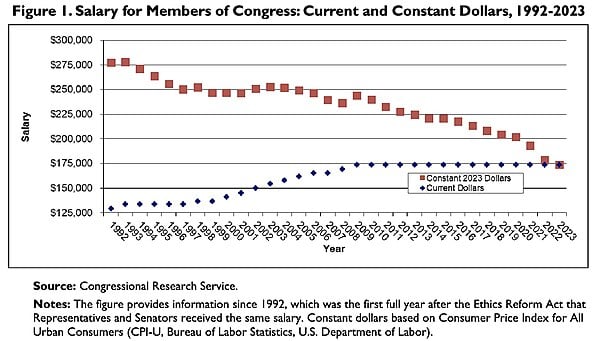

God parents are supposed to care for the children, if the parents die. I think you shouldn’t overthink it. If you’re willing to fill that role, then raise the kids however you think is best. Accept the role gracefully as it is an honor and your sister is showing she loves and trusts you. Leave it at that.
As atheists, we have to acknowledge that most of the world isn’t yet on our level of thinking, but also that we don’t really have similar “concepts” for religious traditions that serve certain societal needs. God parents do serve a societal function. As an atheist, I can acknowledge that, accept that role, and play the part for those I love.






Loved commandos. They’re making a new commandos. There is a demo out. Probably launched next year.